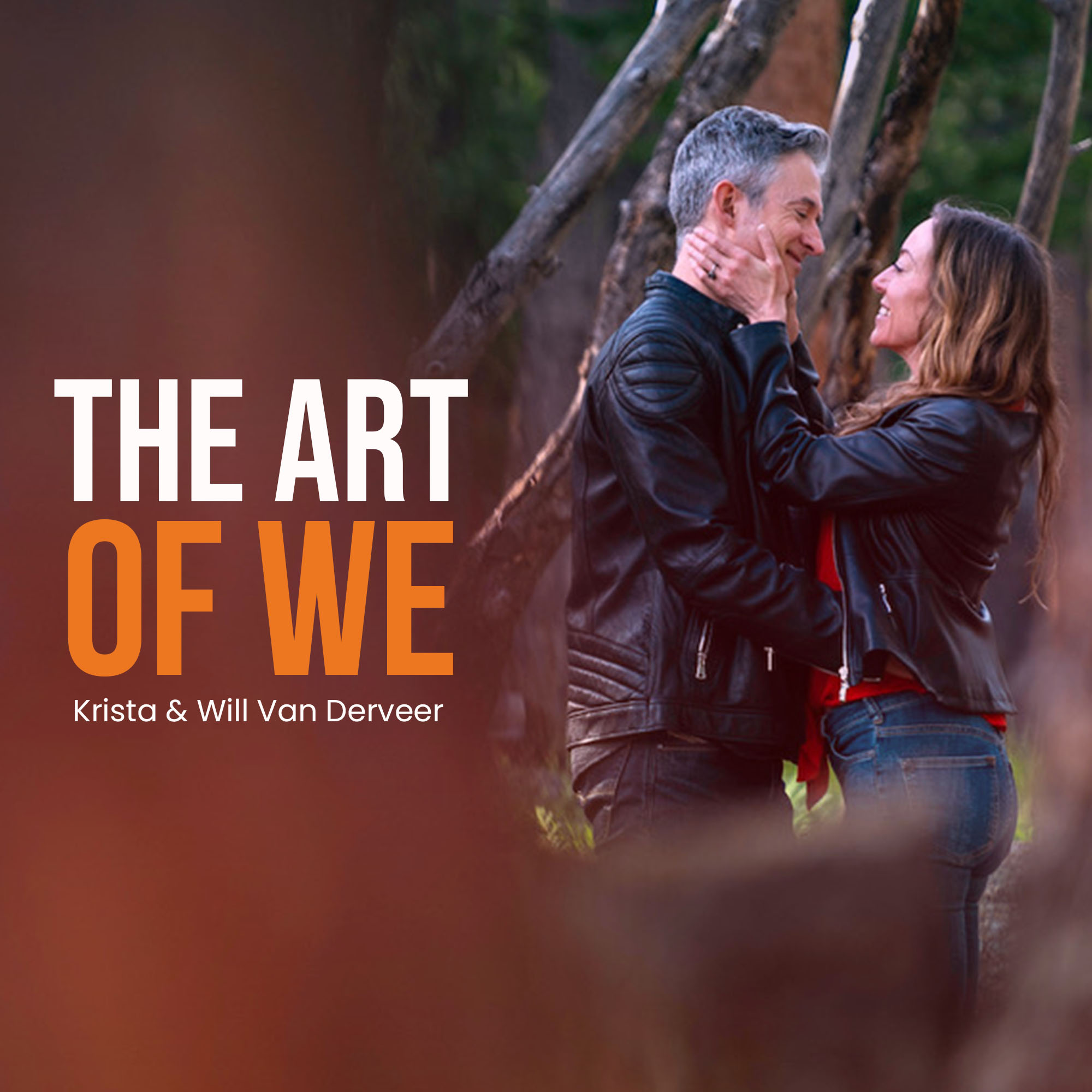- After-Shows
- Alternative
- Animals
- Animation
- Arts
- Astronomy
- Automotive
- Aviation
- Baseball
- Basketball
- Beauty
- Books
- Buddhism
- Business
- Careers
- Chemistry
- Christianity
- Climate
- Comedy
- Commentary
- Courses
- Crafts
- Cricket
- Cryptocurrency
- Culture
- Daily
- Design
- Documentary
- Drama
- Earth
- Education
- Entertainment
- Entrepreneurship
- Family
- Fantasy
- Fashion
- Fiction
- Film
- Fitness
- Food
- Football
- Games
- Garden
- Golf
- Government
- Health
- Hinduism
- History
- Hobbies
- Hockey
- Home
- How-To
- Improv
- Interviews
- Investing
- Islam
- Journals
- Judaism
- Kids
- Language
- Learning
- Leisure
- Life
- Management
- Manga
- Marketing
- Mathematics
- Medicine
- Mental
- Music
- Natural
- Nature
- News
- Non-Profit
- Nutrition
- Parenting
- Performing
- Personal
- Pets
- Philosophy
- Physics
- Places
- Politics
- Relationships
- Religion
- Reviews
- Role-Playing
- Rugby
- Running
- Science
- Self-Improvement
- Sexuality
- Soccer
- Social
- Society
- Spirituality
- Sports
- Stand-Up
- Stories
- Swimming
- TV
- Tabletop
- Technology
- Tennis
- Travel
- True Crime
- Episode-Games
- Visual
- Volleyball
- Weather
- Wilderness
- Wrestling
- Other
37. The Dark Side of An Optimization Mindset
We continue to understand the intricacies around impact, and its ability to overtake us if we’re not focused on seeking (and maintaining) a balanced mindset. In this episode, we share our conversation around optimization and how its dark side can create impulsivity and over time, become a threat. We also draw from our personal backgrounds — including our individual Enneagram types — to discuss how to take our humanity into account when being cognizant of our goals vs. awareness of present possibilities.The ability to feed into a compulsive optimization pattern is actually quite relatable. However, the willingness to optimize any — or all — aspects of life can lead to a need to always be better. As a result, a struggle between authenticity and performance can form. If we are able to understand the context around our need for optimization, we can find the “Middle Way” and feel balanced between the two extremes: lack of goals yet present, and obsession with goals yet not present. When we understand how this broad spectrum relates to our ideas around impact, we can form extraordinary types of impact, regardless of what it looks like. We share how navigating health challenges led to a conversation around the optimization pattern, including our personal agenda of creating the best kind of health and wellness to best live in our values and contribute to the world. Plus, we examine who and what we are optimizing for (a James Clear question), and consider both the healthy and unhealthy desire of impact — which relates to the amount of influence we have on each other, and ties back to our mantra, “We can do more than I can.”
Listen to the episode on Apple Podcasts, Spotify, Google Podcasts, or on your favorite podcast platform.
Topics Covered:The need to have a big impact on the worldThe downsides of the optimizer mentalityHow to hold ambitious goals when not in control of the outcomeThe healthy and unhealthy desire of impactMichelle Obama’s advice about the work being in front of us How we all influence each other <br/>
Resources Mentioned: Outlive: The Science & Art of Longevity by Peter Attia, MDThe Light We Carry: Overcoming in Uncertain Times by Michelle Obama<br/>
Get in Touch: The Art Of We WebsiteThe Art of We Instagram Integrative Psychiatry Institute: Integrative Mental Wellness & Psychedelic Therapy Training<br/>Rate, Review & Follow on Apple Podcasts: If you want to show your support for this show, please consider rating and reviewing The Art of We on Apple Podcasts. To do that, open the Apple Podcasts app and

